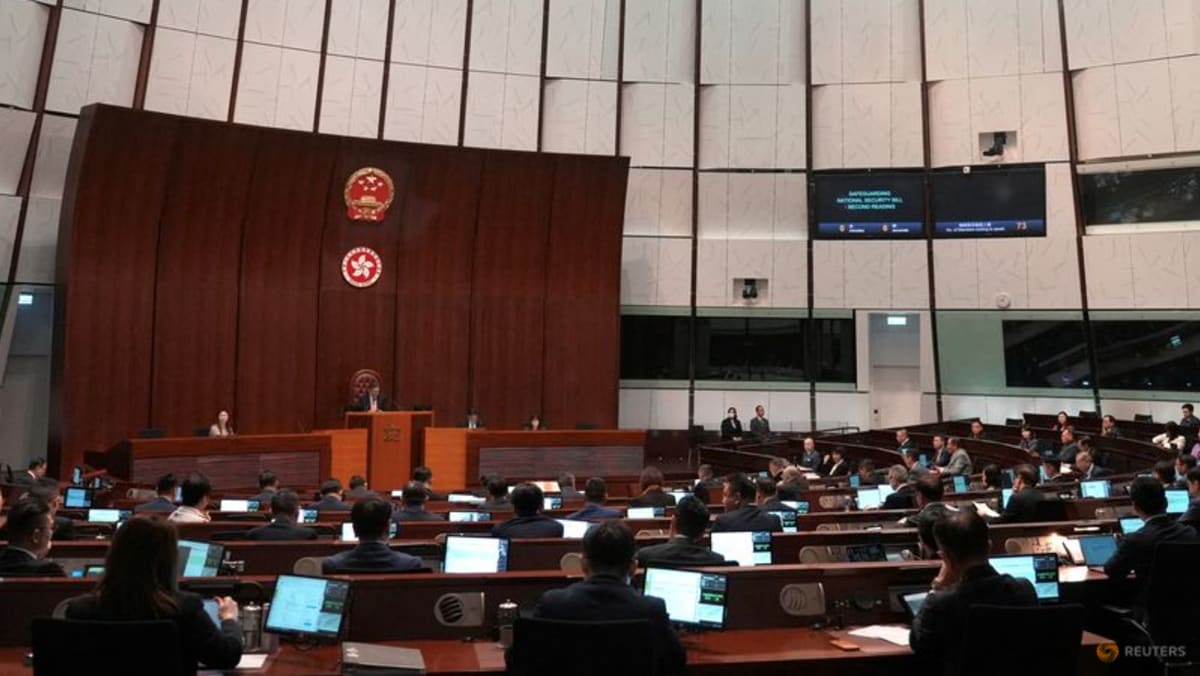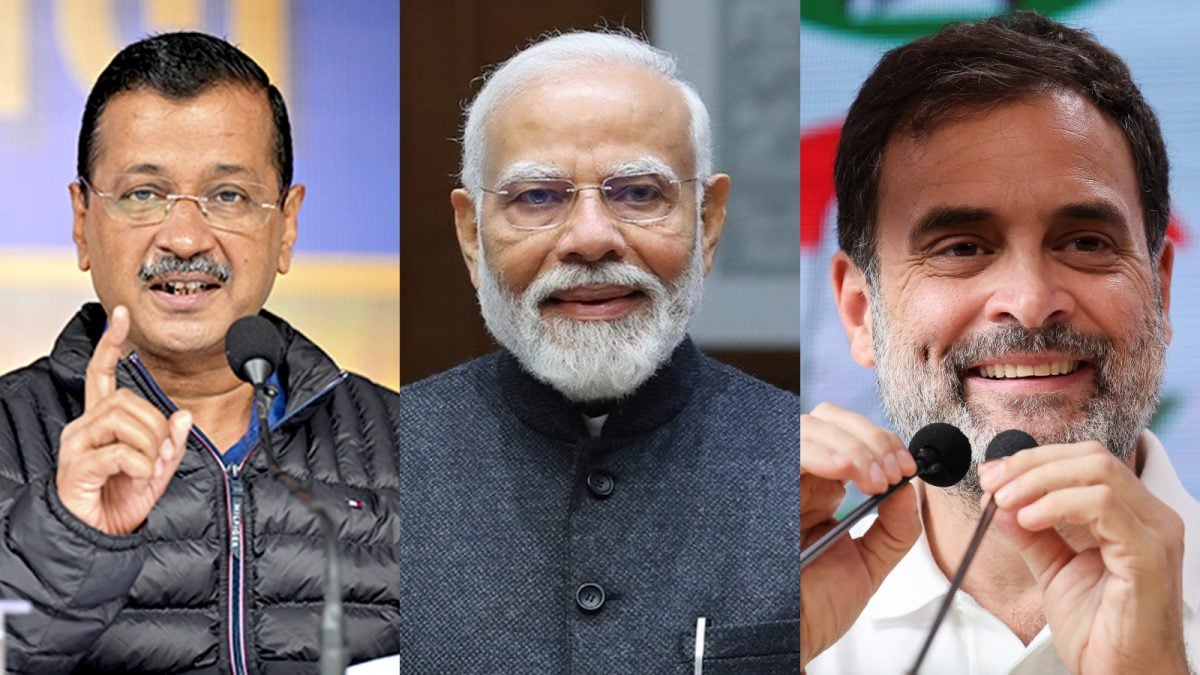“AN EFFECTIVE LOCK”
Sanctioned by the United States for his oversight of the protests in his role as security chief, Lee has called the law “an effective lock to prevent burglars” as authorities seek to combat “threats posed by external forces and local terrorism”.
Penalties run up to life in prison for sabotage endangering national security, treason and insurrection; 20 years for espionage and sabotage; and 14 years for external interference.
But the Beijing-run national security office in Hong Kong said “only an extremely small number of people” would be punished under Article 23, mirroring language used in the run-up to the original security law’s imposition.
Nearly 300 people have so far been arrested under that law, while dozens of politicians, activists and other public figures have been jailed or forced into exile.
Calling it “a new Great Wall of rule of law”, the security office said in a statement that “the majority of Hong Kong residents and international investors will benefit” from it.
“A REGRESSIVE STEP”
As part of the 1997 handover from Britain, Hong Kong was guaranteed certain freedoms – as well as judicial and legislative autonomy – for 50 years in a deal known as “one country, two systems”.
The accord has helped cement the city’s status as a world-class business hub, bolstered by a reliable judiciary and political freedoms distinct from the mainland.
Lee said the government could now “devote fully to economic development”, citing the need for stability to attract investors.
But Britain’s foreign minister David Cameron said the law would “further damage the rights and freedoms enjoyed” in Hong Kong and have “far-reaching implications” for the rule of law and independence of institutions.
“The broad definitions of national security and external interference will make it harder for those who live, work and do business in Hong Kong,” Cameron said in a statement.
Meanwhile, US State Department spokesman Vedant Patel told reporters Tuesday that the United States was “alarmed by the sweeping and what we interpret as vaguely defined provisions” in the law.
“These kinds of actions have the potential to accelerate the closing of Hong Kong’s once open society,” he said.







